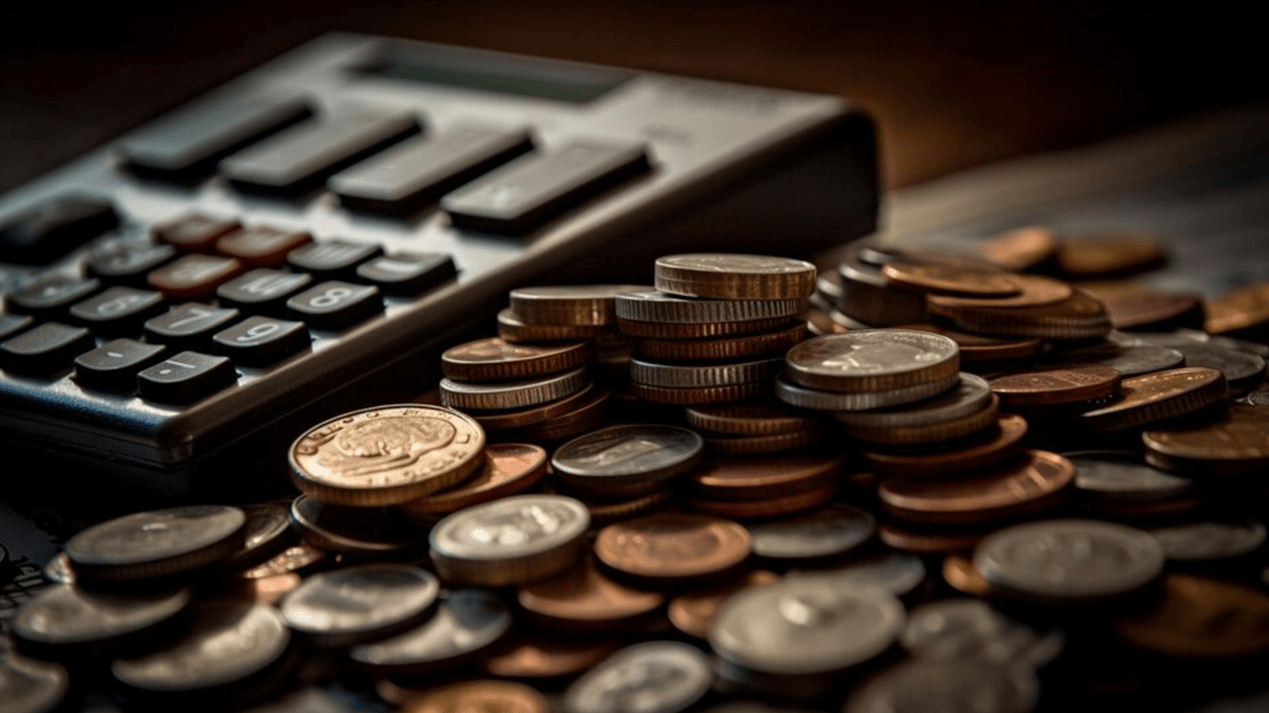
Why Skills-First Leadership Is Replacing the Ivy League Playbook in the C-Suite
The old prestige pyramid—where Ivy League degrees and blue-chip consulting backgrounds paved the way to the CEO seat—is cracking.

In a welcome reprieve for German consumers, inflation in the country softened to 5.9% for 2023, down from 6.9% in 2022. This marks the first annual decline in the cost of living since inflation began surging due to factors like the war in Ukraine and global supply chain disruptions.
While the overall figure offers a glimmer of hope, the news is not without its caveats. December 2023 saw a month-on-month inflation increase, rising from 3.2% to 3.7%. This was attributed to stubbornly high energy and food prices, which remain significantly above pre-pandemic levels.
A Mixed Bag of Trends:
Cautious Optimism:
Despite the December uptick, the overall downward trend in inflation offers cautious optimism for Germany’s economic prospects. Lowering price pressures could increase consumer spending and business investment, boosting economic growth in the coming months.
However, significant uncertainties remain on the horizon. The war in Ukraine continues to cast a shadow over global markets, and potential recessions in major economies like the United States could dampen worldwide demand and further disrupt supply chains.
The ECB’s Balancing Act:
The ECB faces a delicate balancing act in the coming months. While the downward trend in inflation may seem to call for looser monetary policy, the persistently high core inflation and geopolitical risks necessitate continued vigilance. The bank is expected to maintain its gradual approach to raising interest rates to avoid stifling economic recovery while addressing inflationary concerns.
While the easing of inflation in Germany provides a much-needed respite for consumers and businesses, the road to price stability remains uneven. Continued monitoring of underlying inflationary pressures, the war in Ukraine’s trajectory, and global economic developments will be crucial for policymakers as they navigate the path toward a sustainable economic recovery.

The old prestige pyramid—where Ivy League degrees and blue-chip consulting backgrounds paved the way to the CEO seat—is cracking.

Loud leaders once ruled the boardroom. Charisma was currency. Big talk drove big valuations.

But the CEOs who make history in downturns aren’t the ones with the deepest cuts

Companies invest millions in leadership development, yet many of their best executives leave within a few years. Why?

The most successful business leaders don’t just identify gaps in the market; they anticipate future needs before anyone else.

With technological advancements, shifting consumer expectations, and global interconnectedness, the role of business leaders

Following a distinguished Law Enforcement career Joe McGee founded The Securitatem Group to provide contemporary global operational specialist security and specialist security training products and services for private clients, corporate organisations, and Government bodies. They deliver a wide range of services, including complete end-to-end protection packages, close protection, residential security, protection drivers, and online and physical installations. They provide covert and overt investigations and specialist surveillance services with a Broad range of weapons and tactical-based training, including conflict management, risk and threat management, tactical training, tactical medicine, and command and control training.

Jay Wright, CEO and Co-Owner of Virgin Wines infectious energy, enthusiasm, passion and drive has been instrumental in creating an environment that encourages talent to thrive and a culture that puts the customer at the very heart of every decision-making process.

Fabio de Concilio is the visionary CEO & Chairman of the Board at Farmacosmo, a leading organization dedicated to mental health and community support services. With a deep commitment to identifying and meeting customer needs, Fabio ensures that high standards are maintained across the board.

Character Determines Destiny – so said Aristotle. And David CM Carter believes that more than anything else. For David, it has been numerous years of research into codifying Entelechy Academy’s 54 character qualities that underpin everything he stands for as a leader and teacher.


Leave us a message
Subscribe
Fill the form our team will contact you
Advertise with us
Fill the form our team will contact you